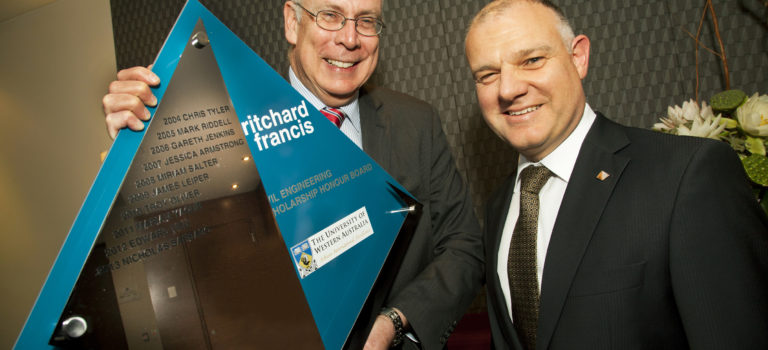Results vs Outcomes
Most would suggest that success comes from winning. Certainly in things like sport and politics for example this is true. Where votes are cast or scores are kept, it is easy to measure success directly in relation to the score at the end of the “game”. Winning at all cost is a mindset common in these endeavours.
Emotion can often play an important part in many battles and can contribute to heightened performance. Emotion can also be used to gain a mental advantage over your opposition while gaining support from others around you.
In business, and specifically in a professional environment, things are not so clean cut. Winning at all costs is often not conducive to success in the long run. In fact, scoring points in discussions or disagreements of a technical nature can often be viewed as unprofessional. Emotion can often be seen as a weakness. Usually the calmest person in the room is the one who knows he or she is right.
In business, winning at all costs is often not conducive to success in the long run.
In business dealings the best outcomes are often a result of both parties compromising and feeling like they are both winners. Getting the deal done is far more important than feeling like you have won and the other side has lost, particularly when both parties see advantages and benefits of the dealing.
In addition, much can be gained professionally in relation to reputation by conducting yourself in a fair and reasonable manner. Whether the other party is aware or not at the time, the realisation of being on the losing side of a dealing will ultimately reflect poorly on the winner and make any future dealings with the losing party far more difficult.
Much can be gained professionally, by conducting yourself in a fair and reasonable manner.
So in simple terms, winning the battle doesn’t guarantee victory in the war.
Conducting yourself in a professional manner with a focus on outcomes rather than results will always win out in the end and ultimately lead to success.


